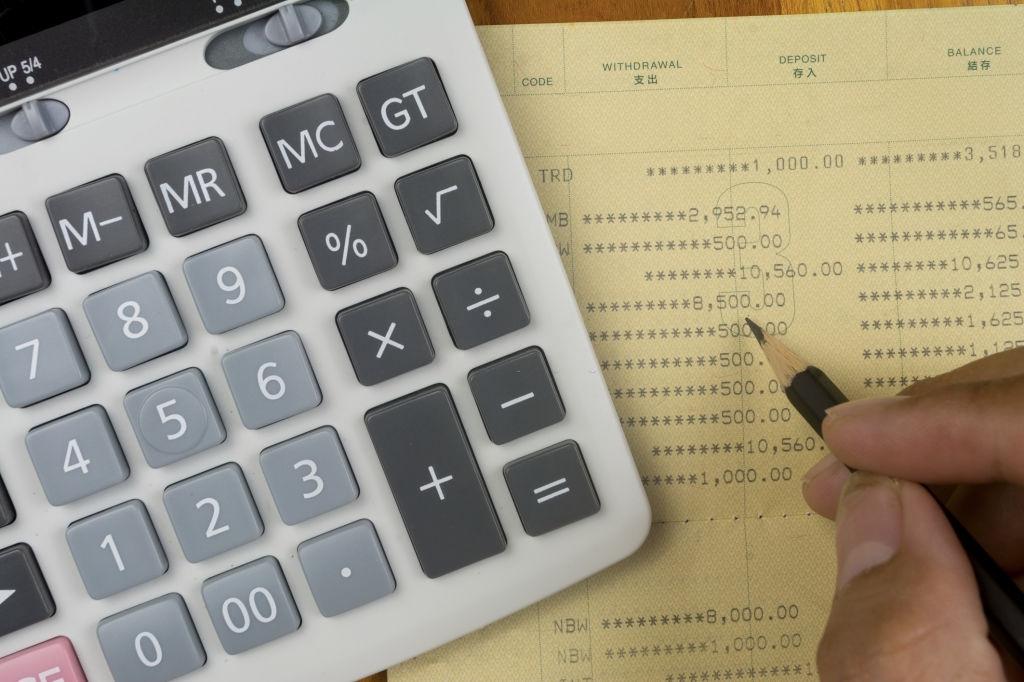Malaysia's New Luxury Goods Tax: A Comprehensive Overview (2025 Update)
Prepare for a major change in Malaysia’s economic landscape as the government unveils plans to implement a Luxury Goods Tax in 2024. This tax, an important component of the Revised Budget 2023, is positioned to change the nation’s revenue streams.
In a move to broaden the country’s revenue base, Malaysia implemented the High-Value Goods Tax (HVGT)—commonly referred to as the Luxury Goods Tax—in May 2024. Businesses involved in retail, imports, and sales of high-end products must understand this tax and its implications.
The tax rates are yet to be finalized, with expectations ranging between 5% to 10%. The tax is anticipated to apply only to Malaysians, exempting tourists from this levy.
Surveying countries with existing Luxury Goods Taxes provides valuable insights into the potential structure of Malaysia’s tax framework.
China, for instance, imposes a consumption tax ranging from 1% to 56%, while Indonesia levies luxury goods sales tax ranging from 10% to 125%. This global variance showcases diverse approaches to taxing non-essential, high-value commodities.
As we explore the nuances of this impending tax, we will explore its ramifications and the government’s strategic approach.
Defining Luxury Goods
The Luxury Goods Tax (formally known as High-Value Goods Tax or HVGT) was introduced under the High-Value Goods Tax Bill 2024, passed in Parliament and enforced from 1 May 2024. It targets discretionary, non-essential luxury items above a certain price threshold.
Luxury items, known for their exclusivity and representing higher social standing, includes high-end watches, designer handbags, and other non-essential, high-value goods. Rolling out a Luxury Goods Tax comes with its set of challenges.
The initial hurdle lies in defining what qualifies as a luxury good, a task complicated by differing cultural perspectives.
Additionally, the administrative complexities of enforcing such a tax, curbing smuggling, and accurately collecting funds present formidable challenges, especially for countries with limited resources.

What Goods Are Subject to the Tax?
The tax applies to both imported and locally sold luxury items across several categories.
Taxable Categories Include:
Luxury watches
Jewellery
Fashion items (designer apparel, handbags)
Footwear
Luxury cars & motorcycles
Yachts, aircraft, and golf equipment
Electronics (e.g., premium mobile phones above threshold)
The list is subject to change via Customs (RMCD) and MOF Malaysia.
Positive and Negative Impacts
The introduction of the Luxury Goods Tax requires a delicate balance. While it has the potential to bolster government revenue, there’s a risk of making domestic luxury goods less competitive on the global stage.
Striking the right tax rate is important to prevent deterring consumers or pushing them towards underground markets. The potential positive impact on government revenue must be carefully weighed against the potential negative impact on industries and tourism.
For instance, a 10% tax on luxury watches could potentially generate RM222 million in revenue based on the 2022 sales value of RM2.22 billion. However, if the tax rate is excessively high, it might discourage foreign tourists from making luxury purchases in Malaysia.
To counter this, the government could consider implementing a tourism refund or selectively applying the tax to minimize adverse consequences.
Malaysia's Fiscal Reforms
The broader context of Malaysia’s fiscal reforms extends beyond the Luxury Goods Tax to include subsidy cuts and other measures.
Prime Minister Anwar Ibrahim’s announcement of progressively cutting subsidies and introducing new taxes, including the luxury goods tax, reflects a clear approach to address economic imbalances and cope with the rising cost of living.
Tax Rates & Thresholds
| Category | Price Threshold | Tax Rate |
|---|---|---|
| Watches & Jewellery | RM10,000 | 5%–10% |
| Fashion items | RM3,000–RM5,000 | 5% |
| Motor vehicles | RM200,000+ | 5%–10% |
| Aircraft/Yachts | RM500,000+ | 10% |
Exact rates vary based on product type and value tier. Full details available via Customs Malaysia.
Who Needs to Comply?
The luxury tax affects:
Retailers & brands selling luxury products
E-commerce sellers (including cross-border sales)
Importers & distributors
High-net-worth individuals purchasing items directly from overseas
Both import declaration and sales invoices must reflect HVGT compliance where applicable.
Filing & Documentation
What Businesses Must Do:
Register with RMCD as a taxable person (if applicable)
File HVGT returns (likely monthly or quarterly depending on classification)
Maintain accurate pricing records to substantiate tax calculations
Ensure invoices disclose HVGT separately
Tax Incentives in Malaysia

Despite the introduction of Malaysia’s new luxury good tax and subsidy reduction, it’s important to note that Malaysia offers various tax incentives to businesses and individuals.
These incentives are designed to stimulate economic growth, attract investments, and enhance the competitiveness of certain industries. Some of these tax incentives are:
Lifestyle Tax Relief Changes
Tax relief for lifestyle purchases of up to RM2,500 is being restructured. It will exclude sports equipment and gym fees but will now cover fees for self-improvement courses.
Increased Childcare Allowance Exemption
Offers tax deduction equivalent to investment made in subsidiary companies engaged in food production activities. Subsidiaries can enjoy full tax exemption on statutory income.
Incentives for Production of Halal Products
Encourages investments in halal food production, offering a 100% investment tax allowance on qualifying capital expenditure within five years.
New Sports Equipment Relief
Malaysians can claim up to RM1,000 for expenses on sports equipment, sports facility fees, sports competition registration, gym memberships, and training fees for specific sports activities.
Extended Education Fees Relief
Tax relief for upskilling and self-enhancement courses, part of the education fees relief, is extended until YA 2026, allowing taxpayers to claim up to RM2,000 within the RM7,000 education fees relief.
Expanded Medical Expenses Relief
Tax relief for medical expenses now covers dental treatment, limited to RM1,000 within the RM10,000 total relief. It includes serious illness, fertility treatments, medical check-ups, Covid-19 tests, mental health exams, and rehabilitation for children with learning disabilities.
Enhanced Parents' Care Relief
The relief for parents’ medical treatment, special needs, and care expenses now includes full medical examinations, limited to RM1,000 within the RM8,000 total relief.
Extended EV Charging Facilities Relief
The tax relief for expenses related to EV charging facilities is extended until YA 2027, offering up to RM2,500. Businesses also benefit from an extension on tax deductions for EV rental costs for two more years.
Penalties for Non-Compliance
Non-compliance with HVGT may result in:
Fines of up to RM50,000
Surcharge or backdated tax recovery
Seizure of goods at port or retail points
Reputation risk and audit exposure
Strategic Considerations
Reprice items below threshold where possible
Bundle items or reclassify for tax efficiency
Consider offshore or bonded warehousing for import management
Consult with indirect tax experts on exemptions or transitional relief
Accounting Services in Malaysia
Amid these fiscal changes, businesses and individuals in Malaysia may seek professional assistance to overcome the complexities of the new tax system.
Accounting services in Malaysia play a crucial role in ensuring compliance with tax regulations, providing valuable insights, and optimizing financial strategies in light of the evolving fiscal regulations.
Conclusion
The impending introduction of the Luxury Goods Tax in Malaysia signals a significant shift in economic policy. Striking a delicate balance between revenue generation and industry competitiveness is highly important.
Detailed considerations, expert consultations, and an awareness of the impact on the economy, luxury goods market, and tourism industry will be important for the successful implementation of this tax. As Malaysia overcomes these fiscal changes, it stands at a juncture that could reshape its economic landscape in years to come.





